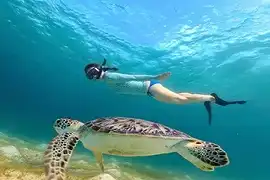- Home
- Articles
- Underwater Hotel in Maldives
- Male City Maldives
- Things to do in Maldives
- Maldives International Airport
- Famous places in the world
- Maldives Activities
- Maldives Islands
- Maldives Fishing Trip
- Maldives People
- The Cheapest Time to Visit the Maldives
- Maldives Religion
- Best Thing To Do In Maldives For Couples
- Best Thing To Do In Maldives For Family
- Beautiful Places to Visit in Maldives
- Adults Only Maldives
- Best Maldives Resorts For Couples
- Maps
- Ferry Schedules
- Partner
- Coummunity
- About Us
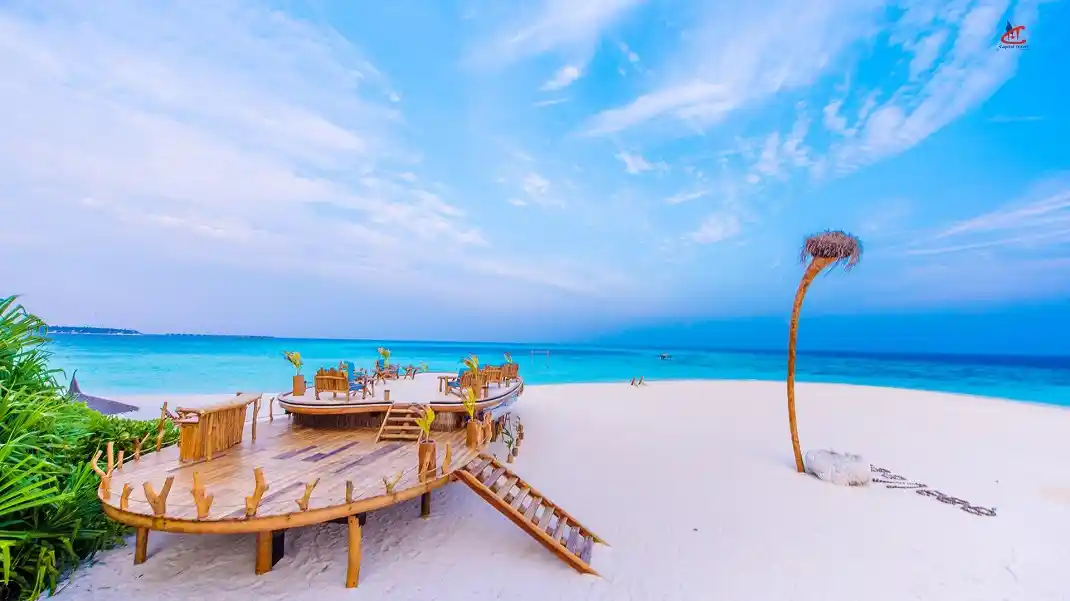
Maldives Tour Guide
Discover Paradise in the Indian Ocean

Luxury Resorts
Experience World-Class Accommodations

Adventure Awaits
Diving, Snorkeling & Water Sports
Maldives Tour Guide - Your Complete Travel Companion
Welcome to Maldives Tour Guide, your premier resource for planning the perfect Maldives vacation. As an inbound travel specialist, we offer comprehensive Maldives tour packages ranging from luxury resorts to budget-friendly guesthouses. Whether you're dreaming of a romantic Maldives honeymoon, an adventurous diving trip, or a relaxing beach getaway, we provide tailored experiences to match your preferences and budget in this Indian Ocean paradise.
Special Offers & Promotions
 Limited Offer
Limited Offer
Maldives Tourist SIM Cards
Pre-order now for airport pickup / Pay cash / No waiting time, collect at the arrival exit gate.
Get Yours New
New
Maldives E-Market
Shop authentic Maldivian products, souvenirs and local crafts delivered to your resort.
Shop Now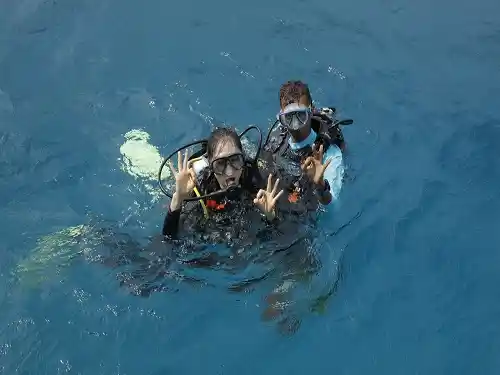 Best Seller
Best Seller
Premium Diving Package
Experience the best dive sites with our certified instructors. Includes 5 dives with equipment.
Book Package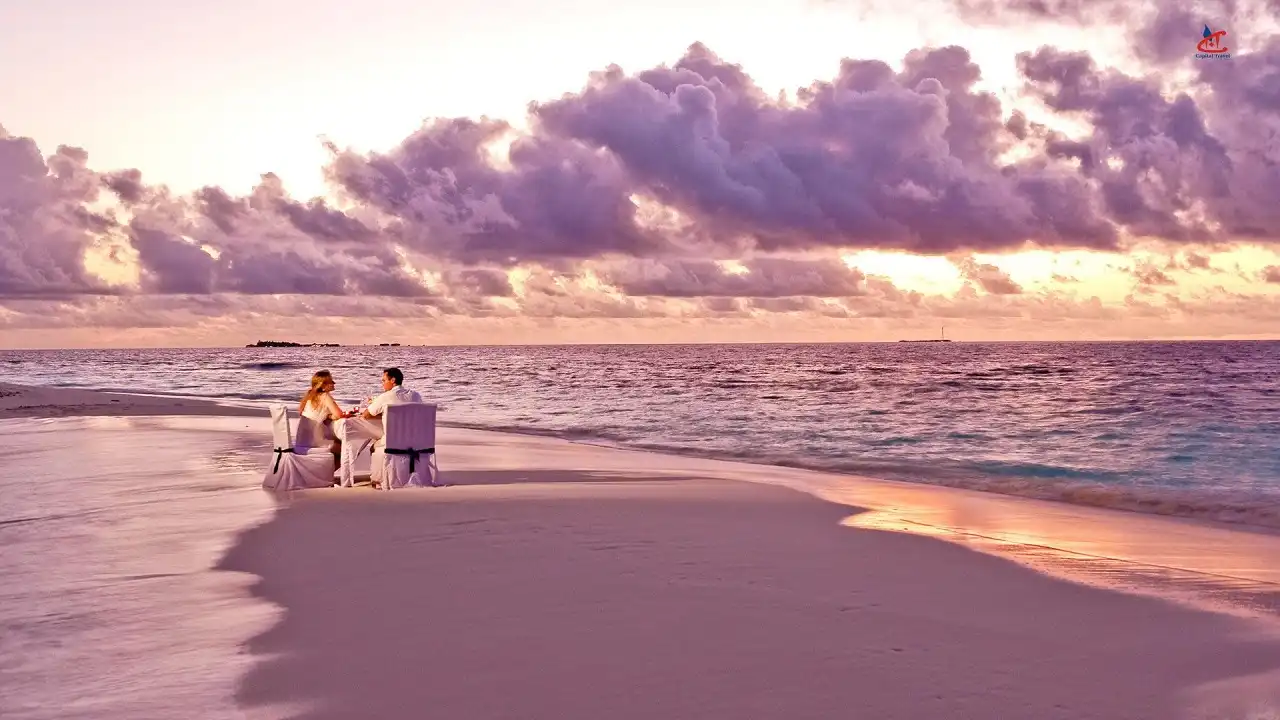 Honeymoon Special
Honeymoon Special
Romantic Getaway Package
Exclusive honeymoon offer with spa credits, sunset cruise and champagne breakfast.
View OfferMaldives Tourism Overview

The Maldives tourism industry welcomed over 1.7 million visitors in 2019, with an average stay of 6.3 days. The country reopened to tourists in July 2020 with strict health protocols, allowing travelers to once again enjoy these pristine islands in the Indian Ocean.
Comprising 99% water and 1% land, the Maldives offers crystal-clear lagoons protected by coral reefs teeming with marine life, making it a top destination for diving and snorkeling enthusiasts worldwide.
Featured Maldives Resorts
Featured Guest Houses
Maldives Activities
Maldives Transfers
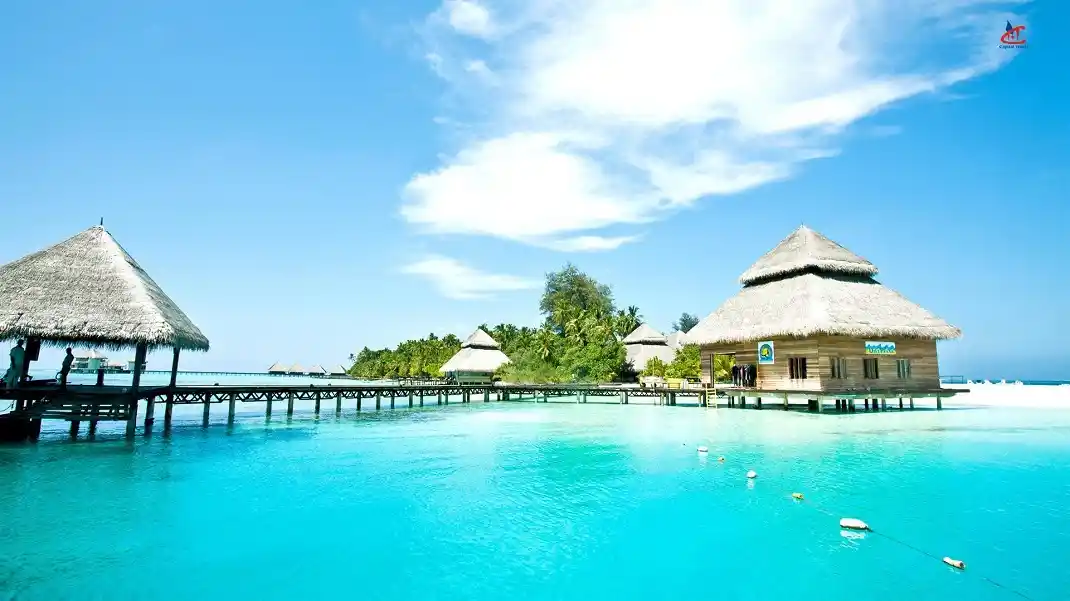
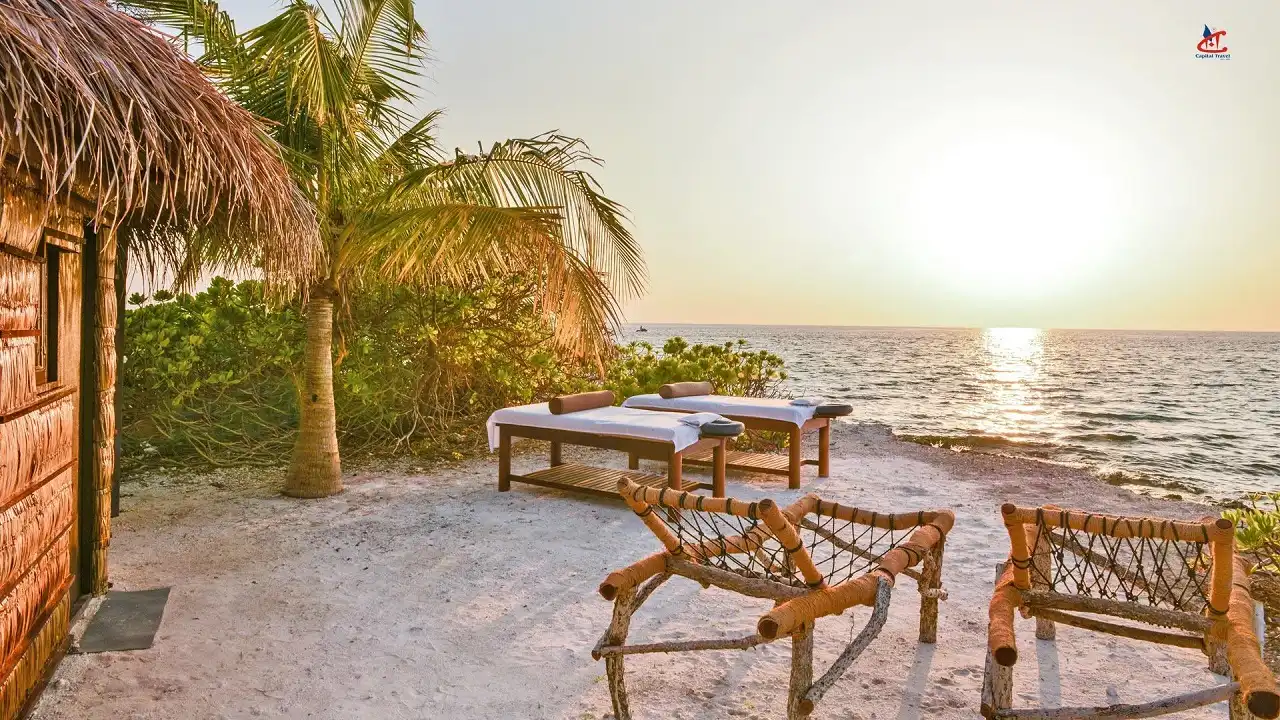
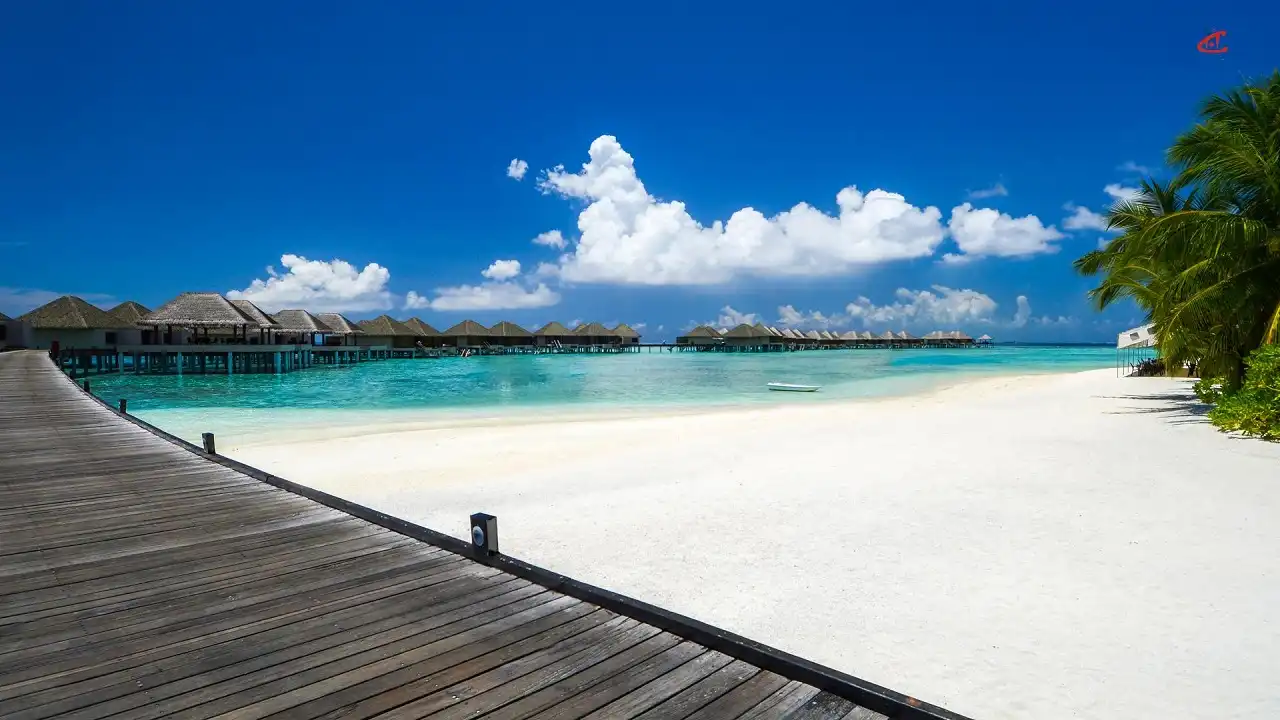
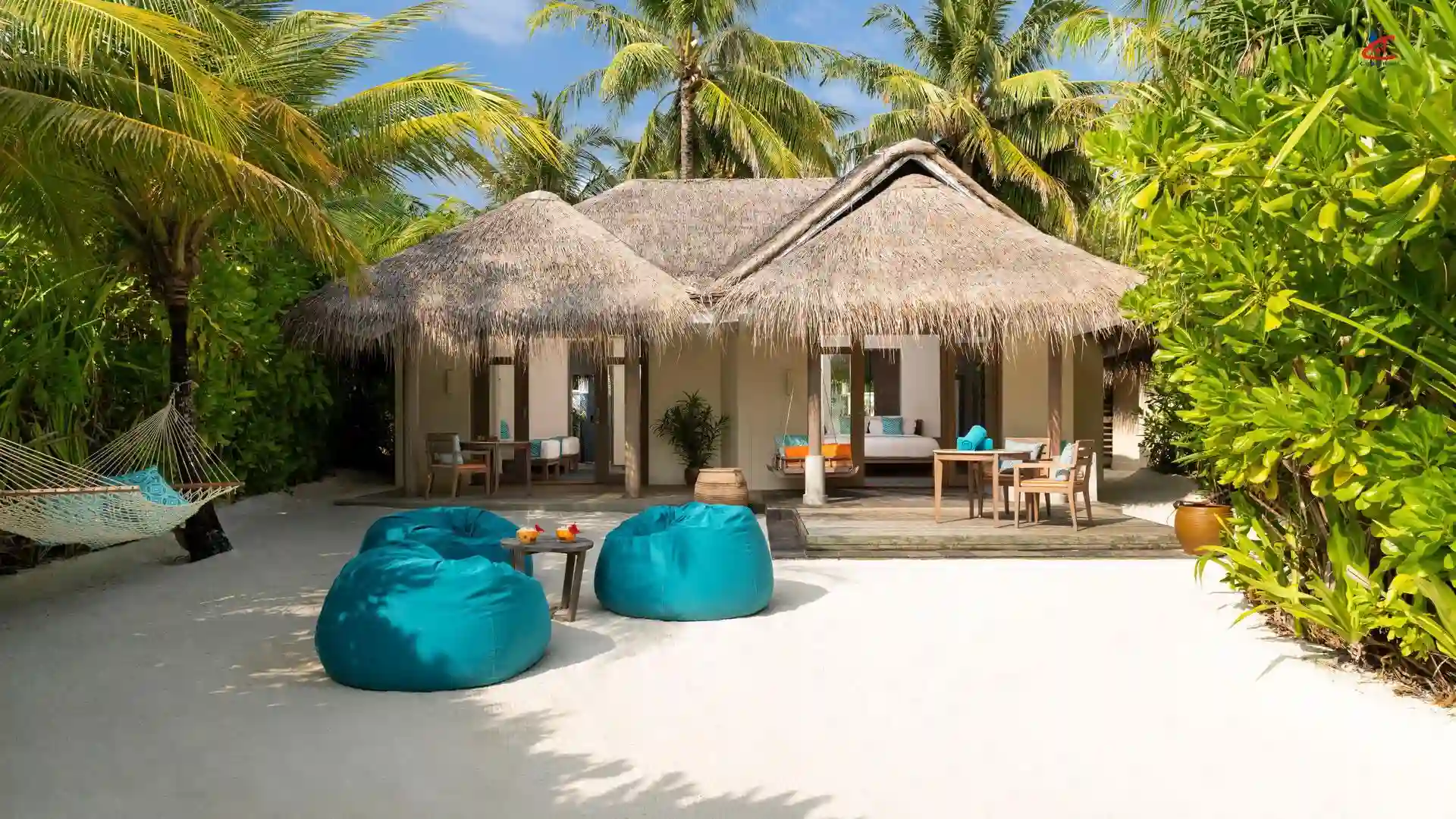

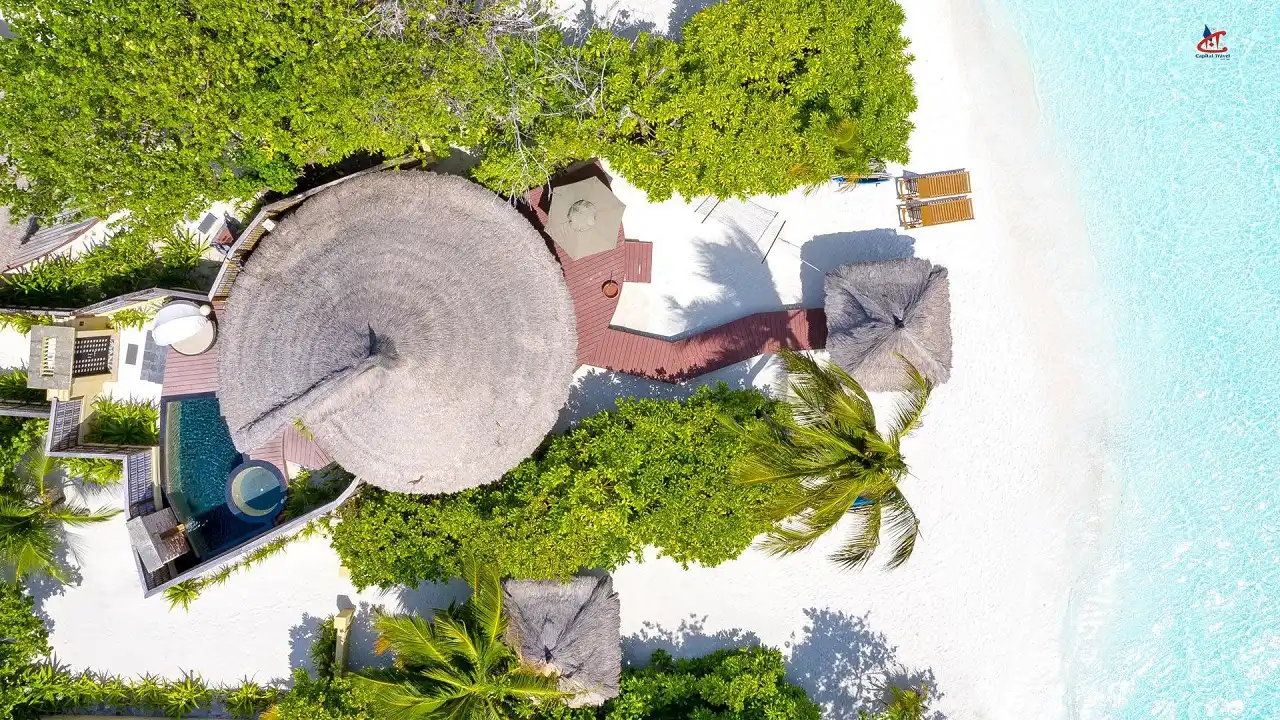





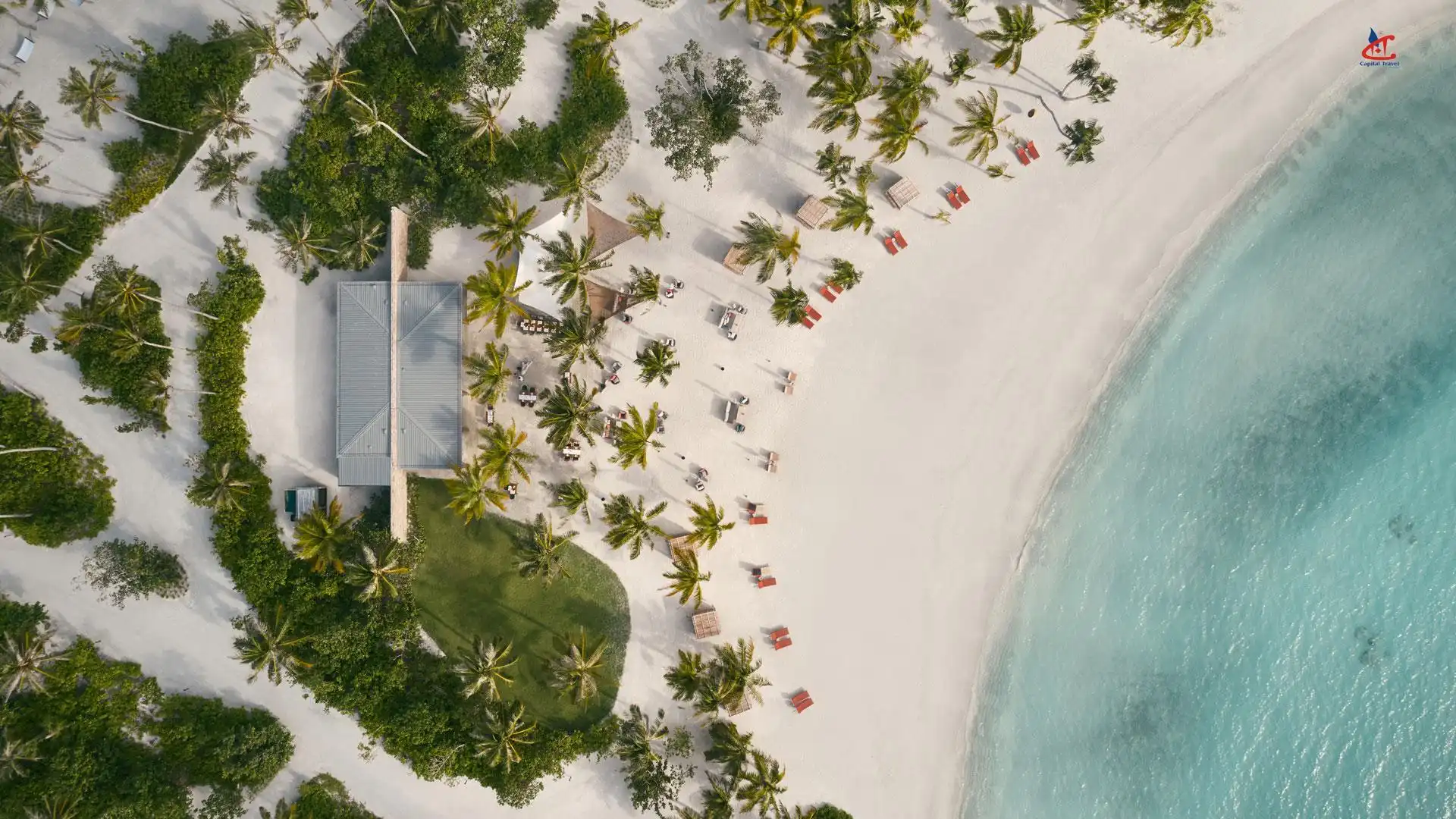

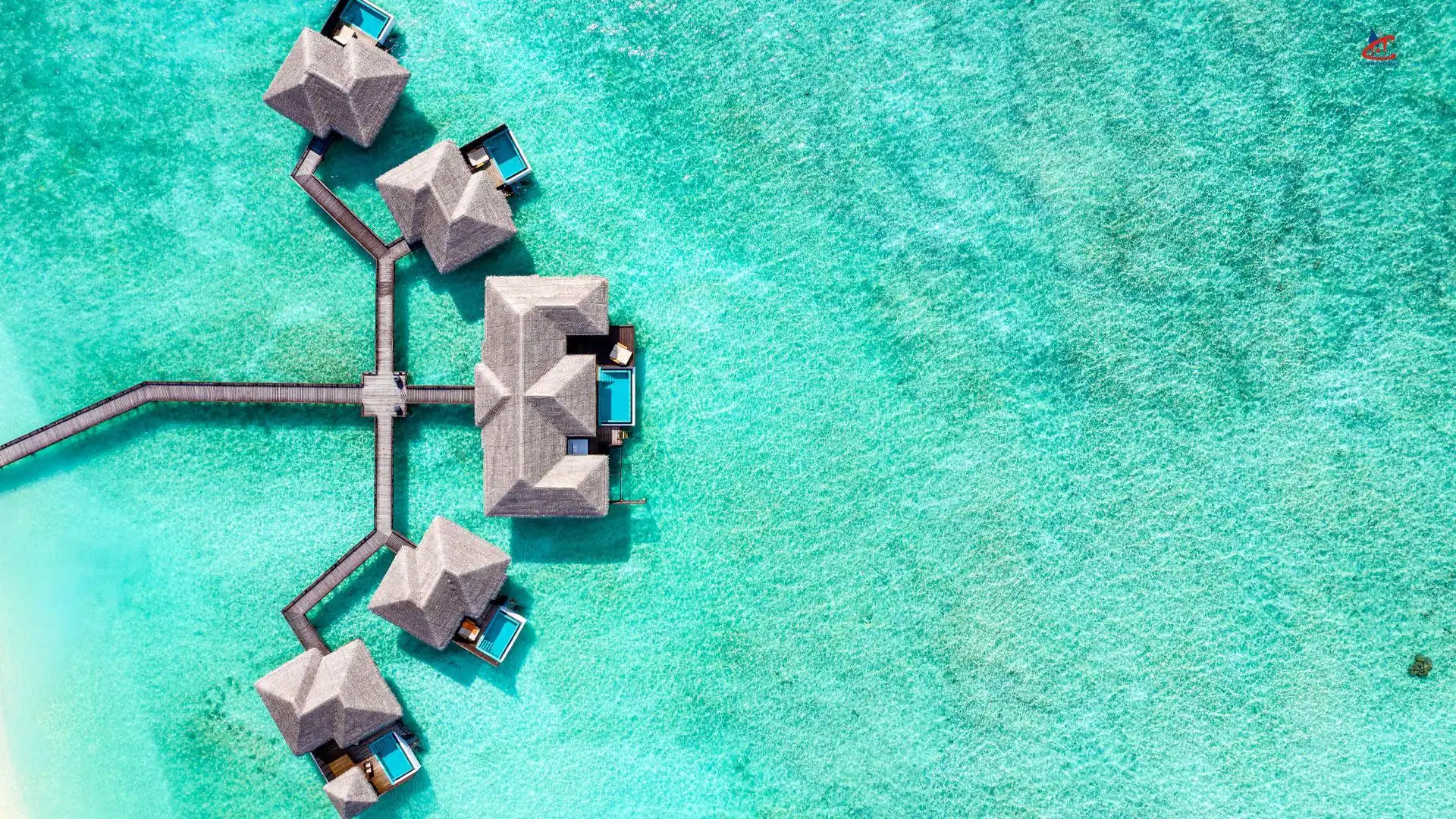




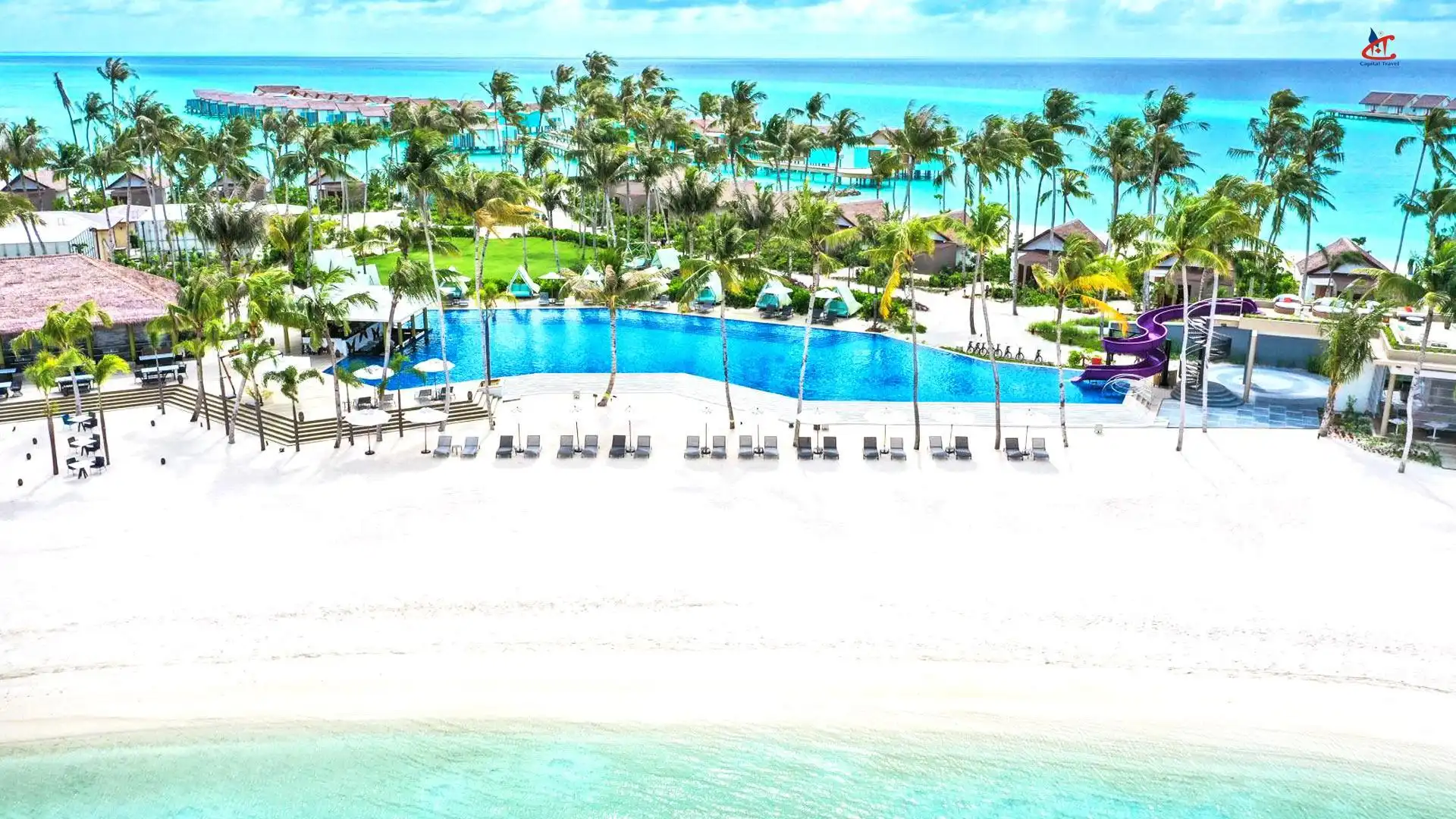
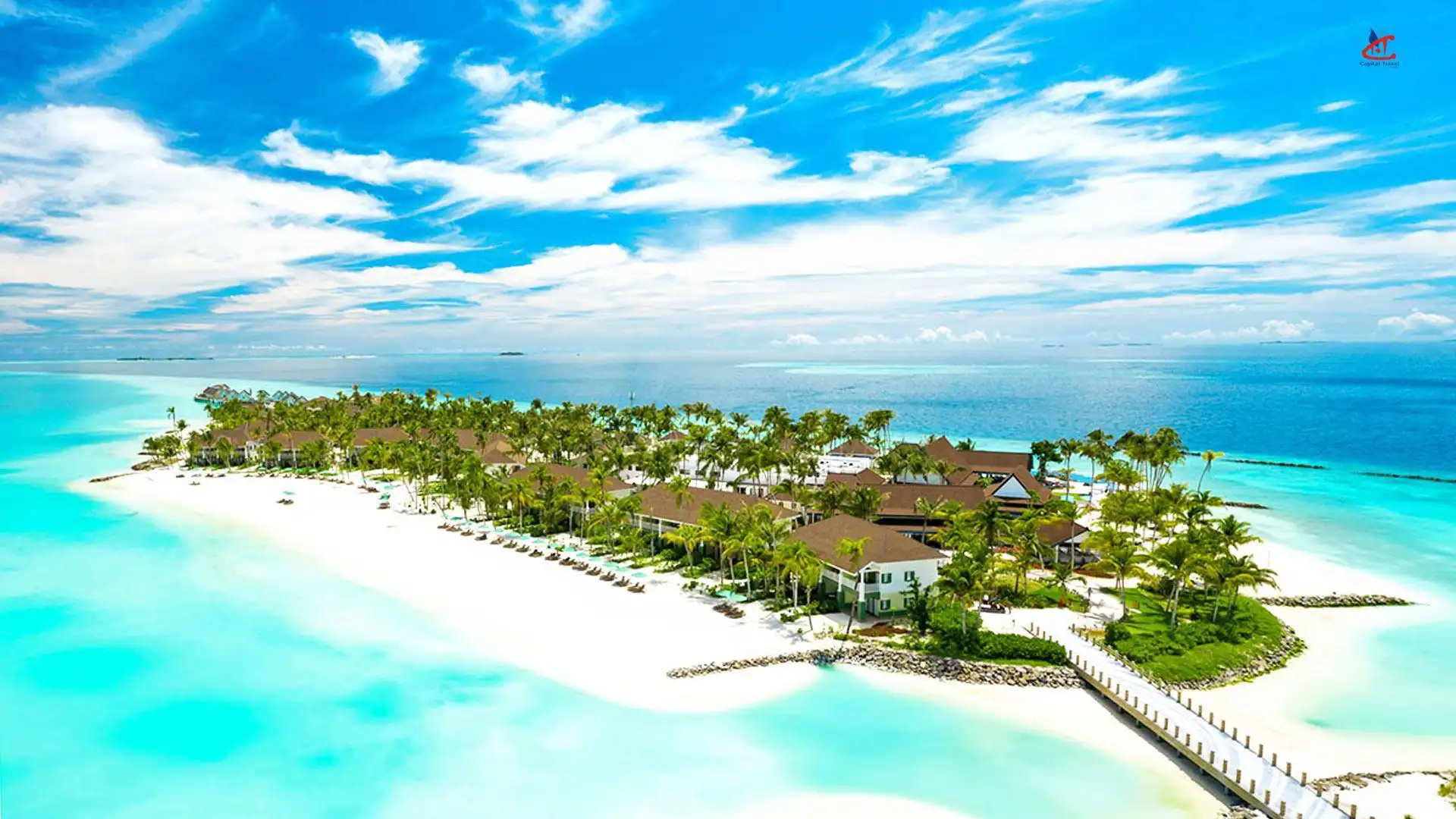


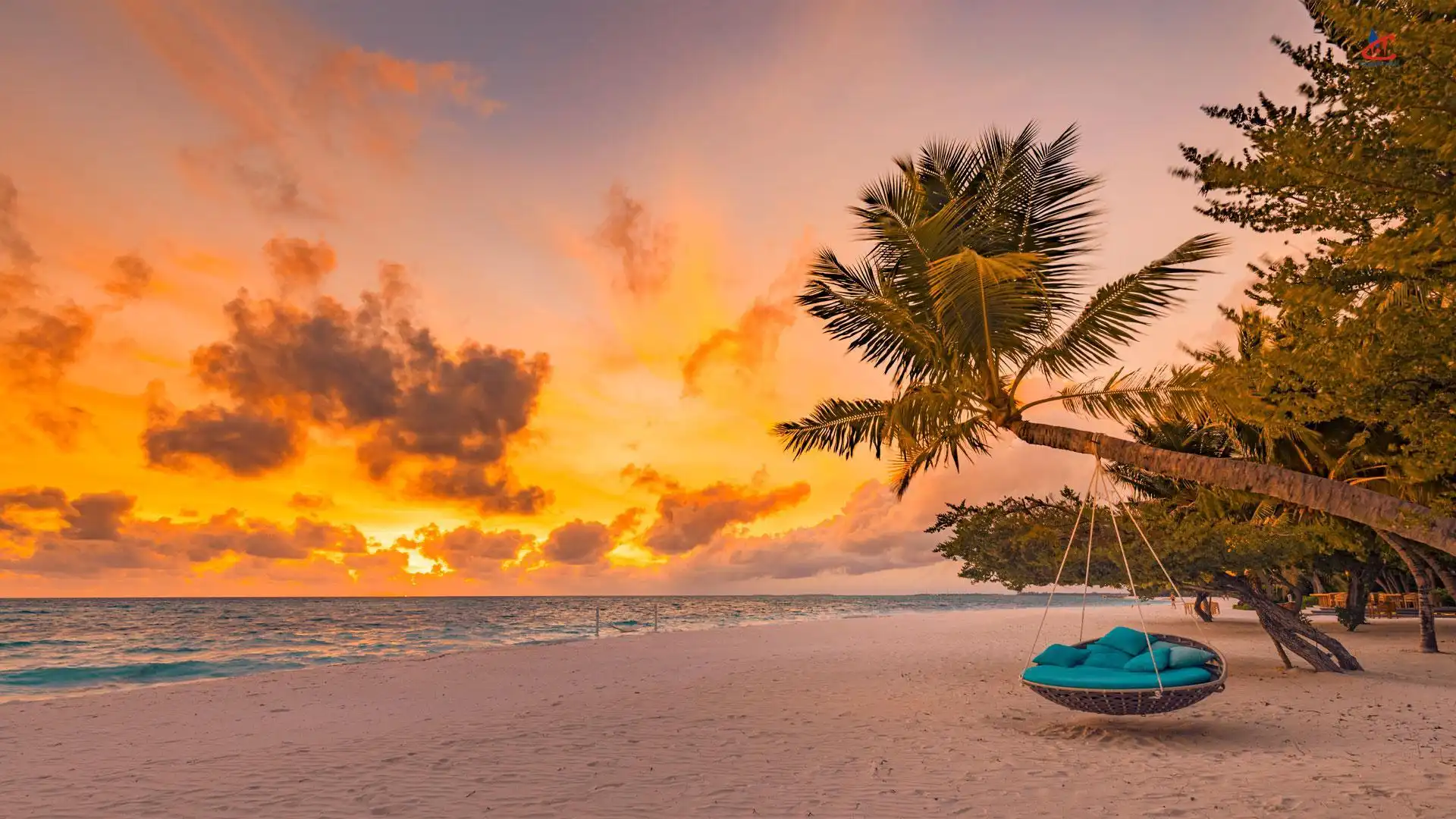
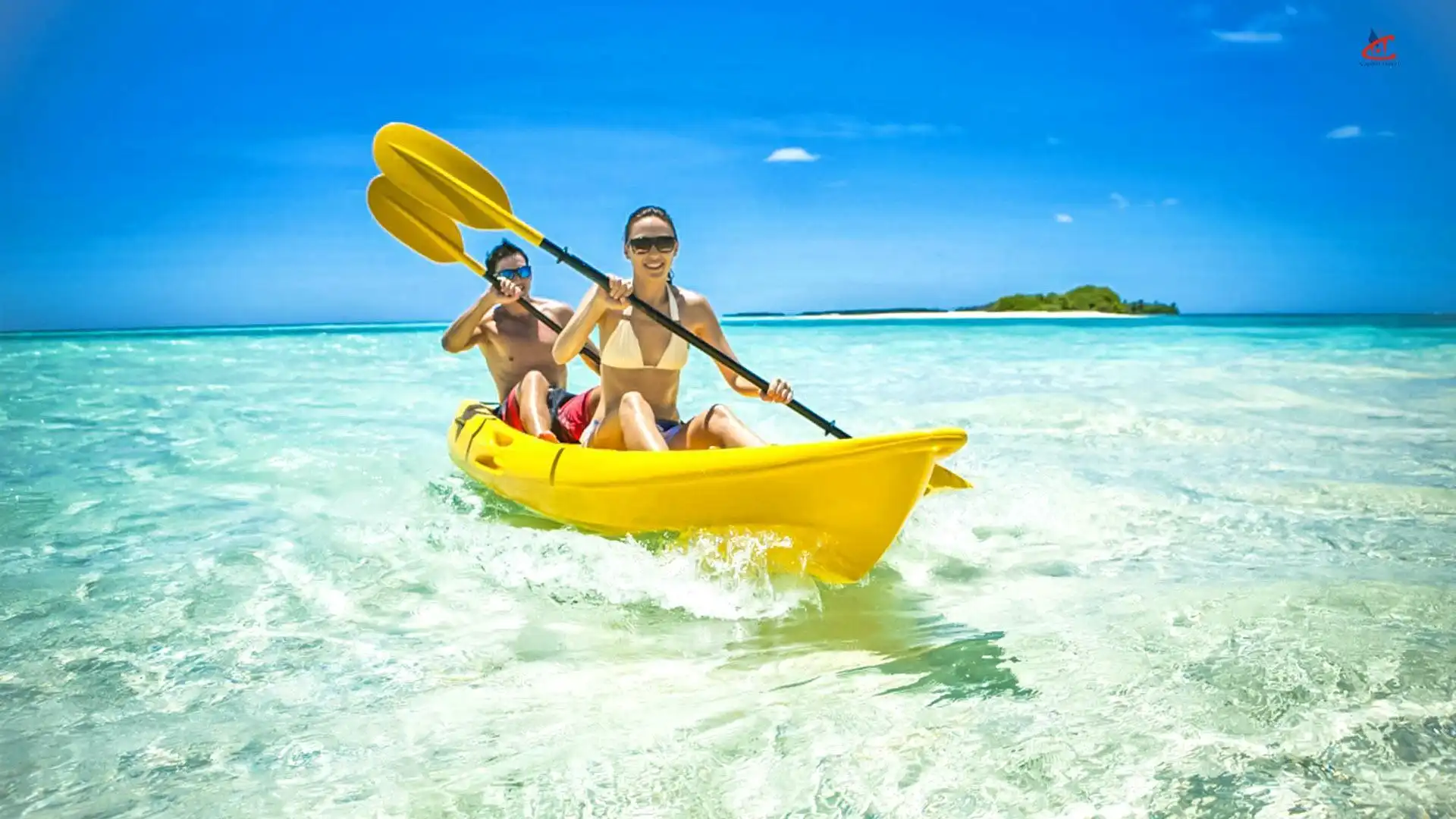
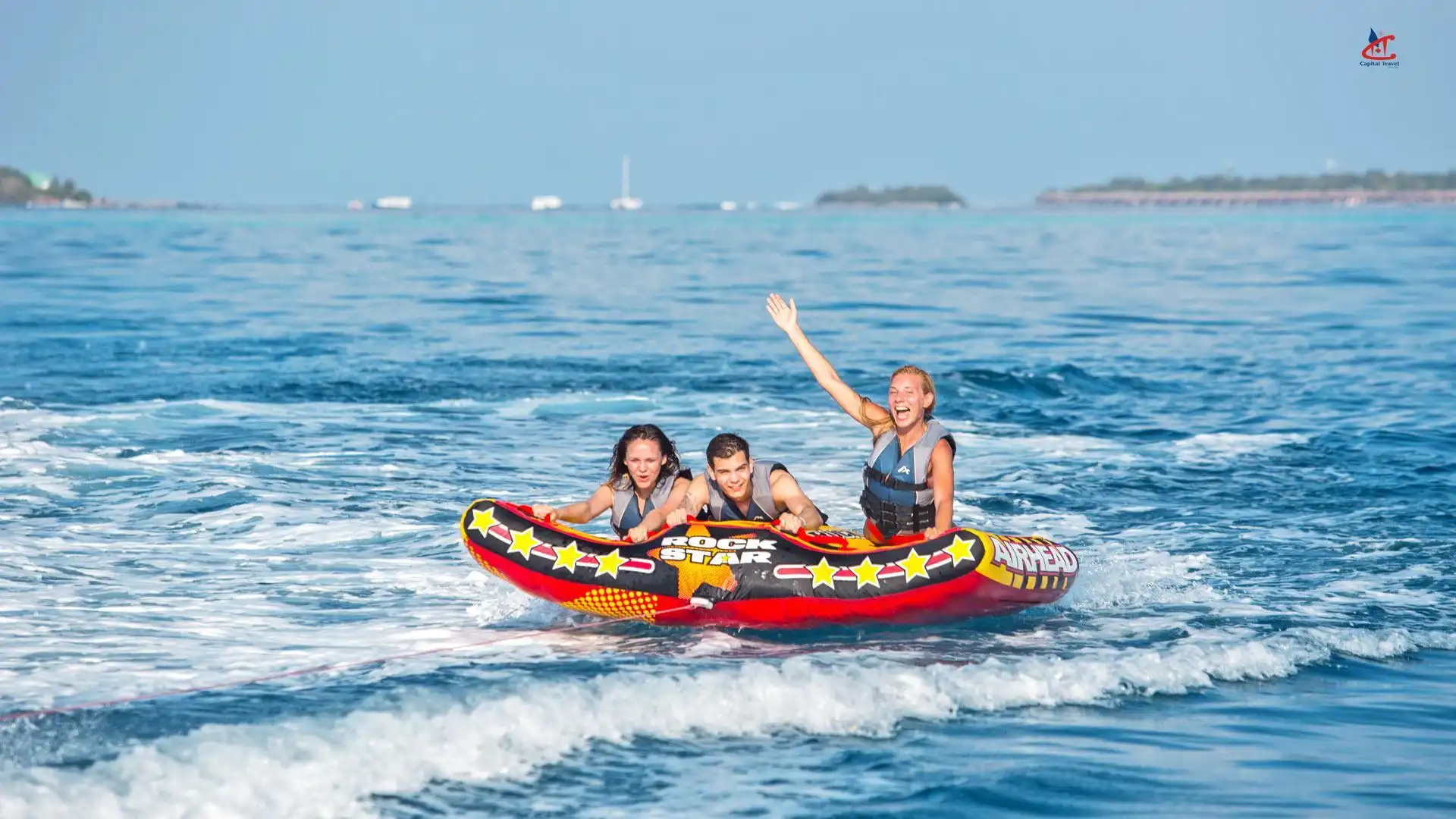
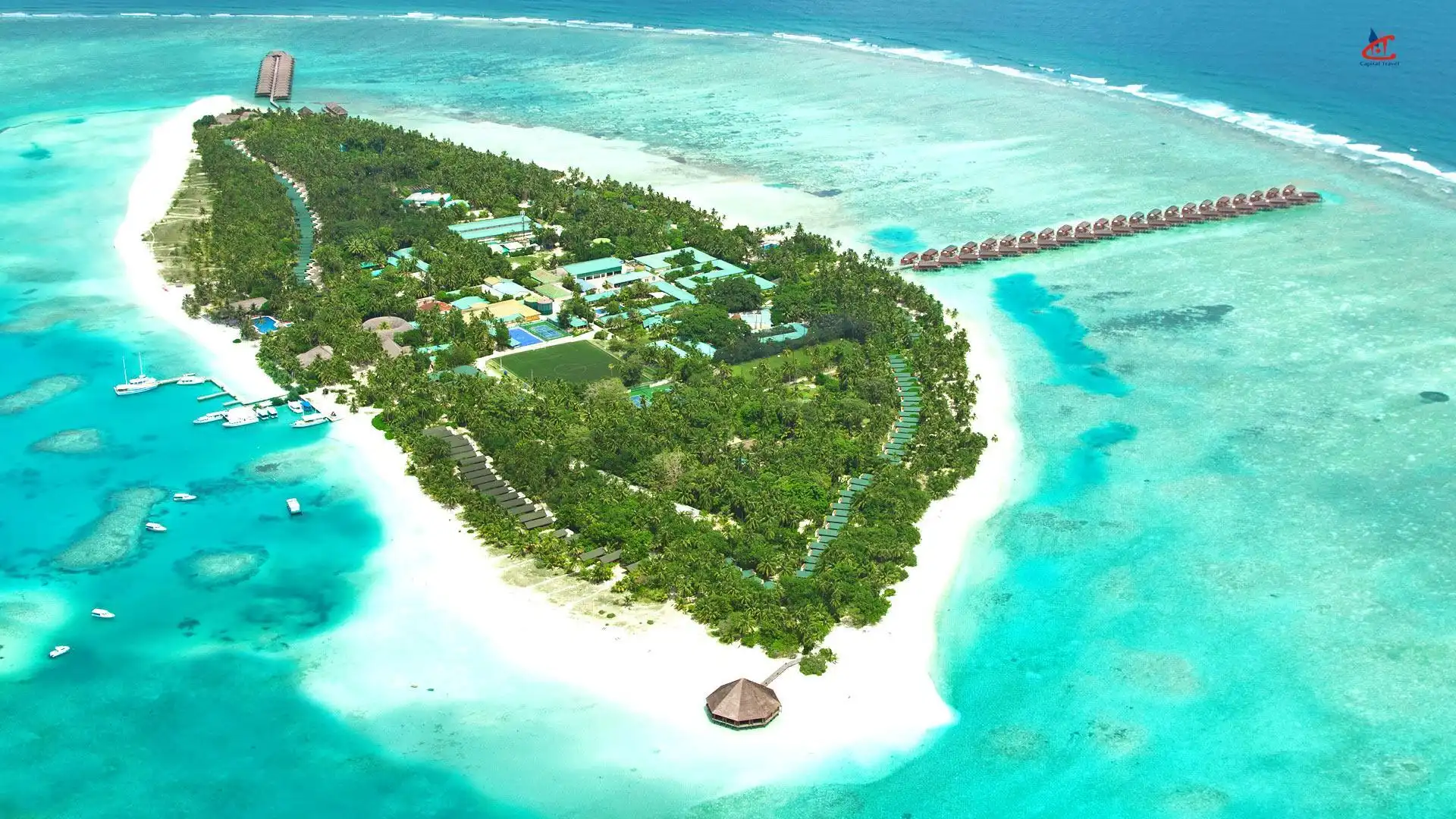





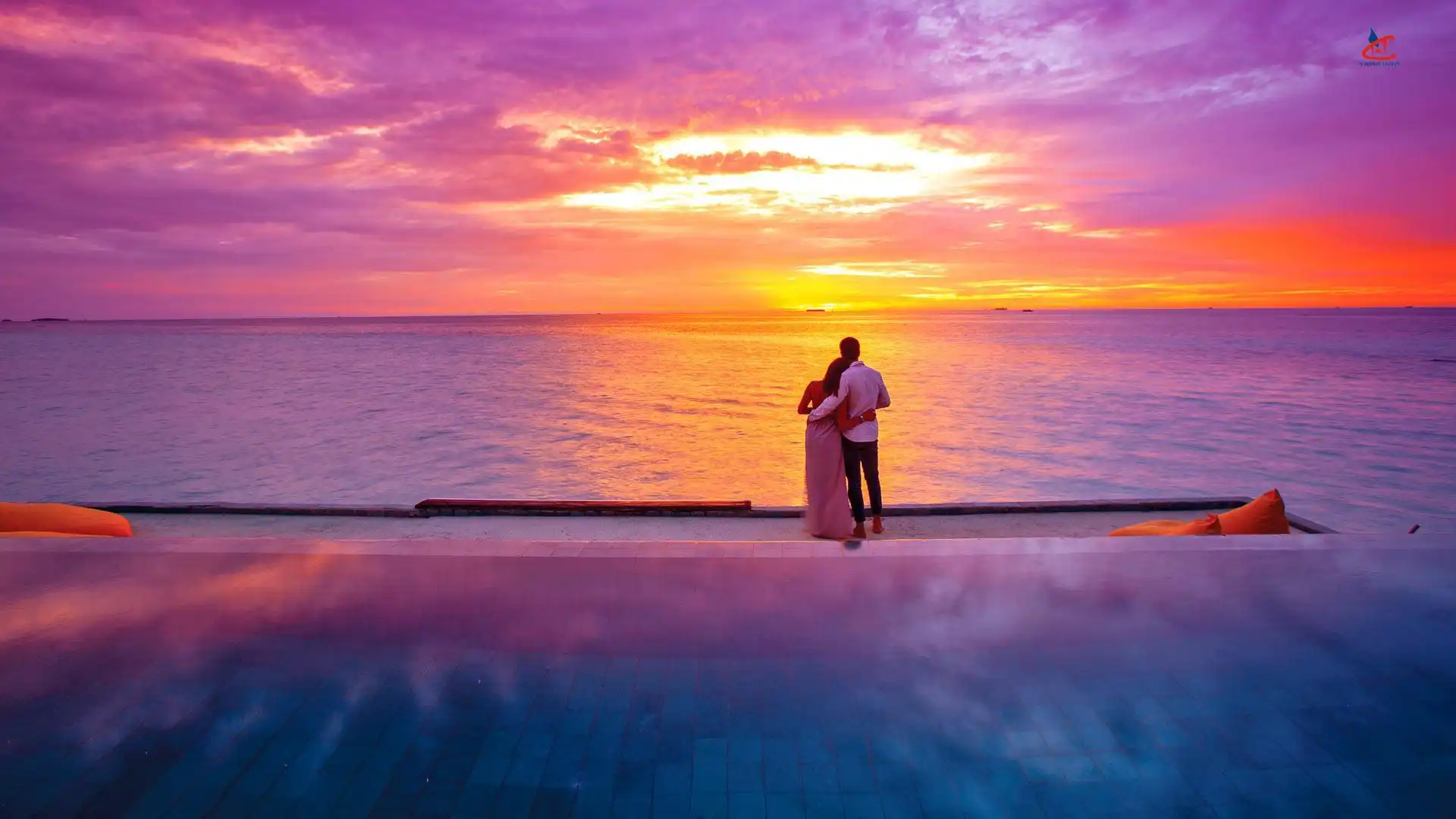


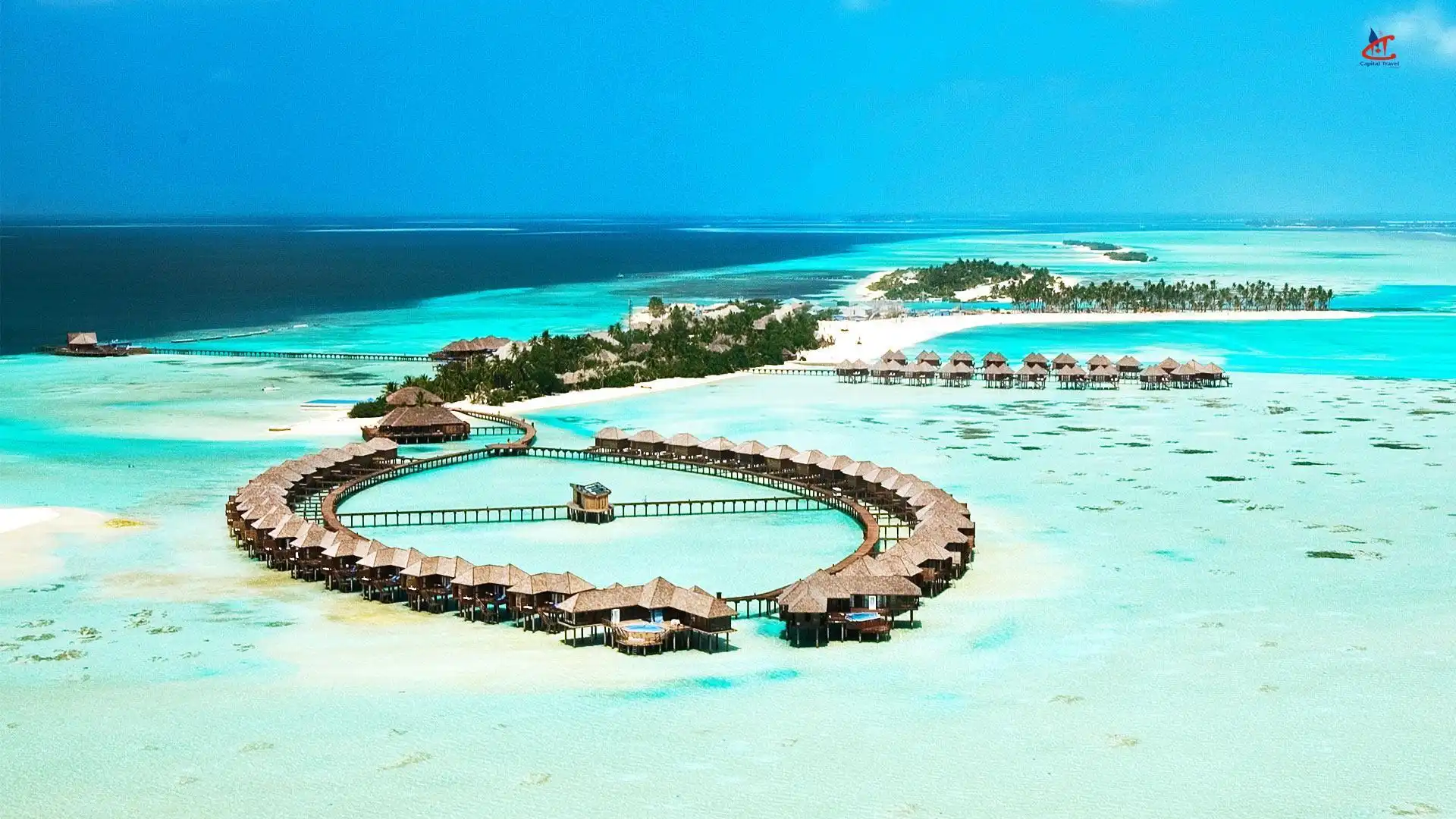
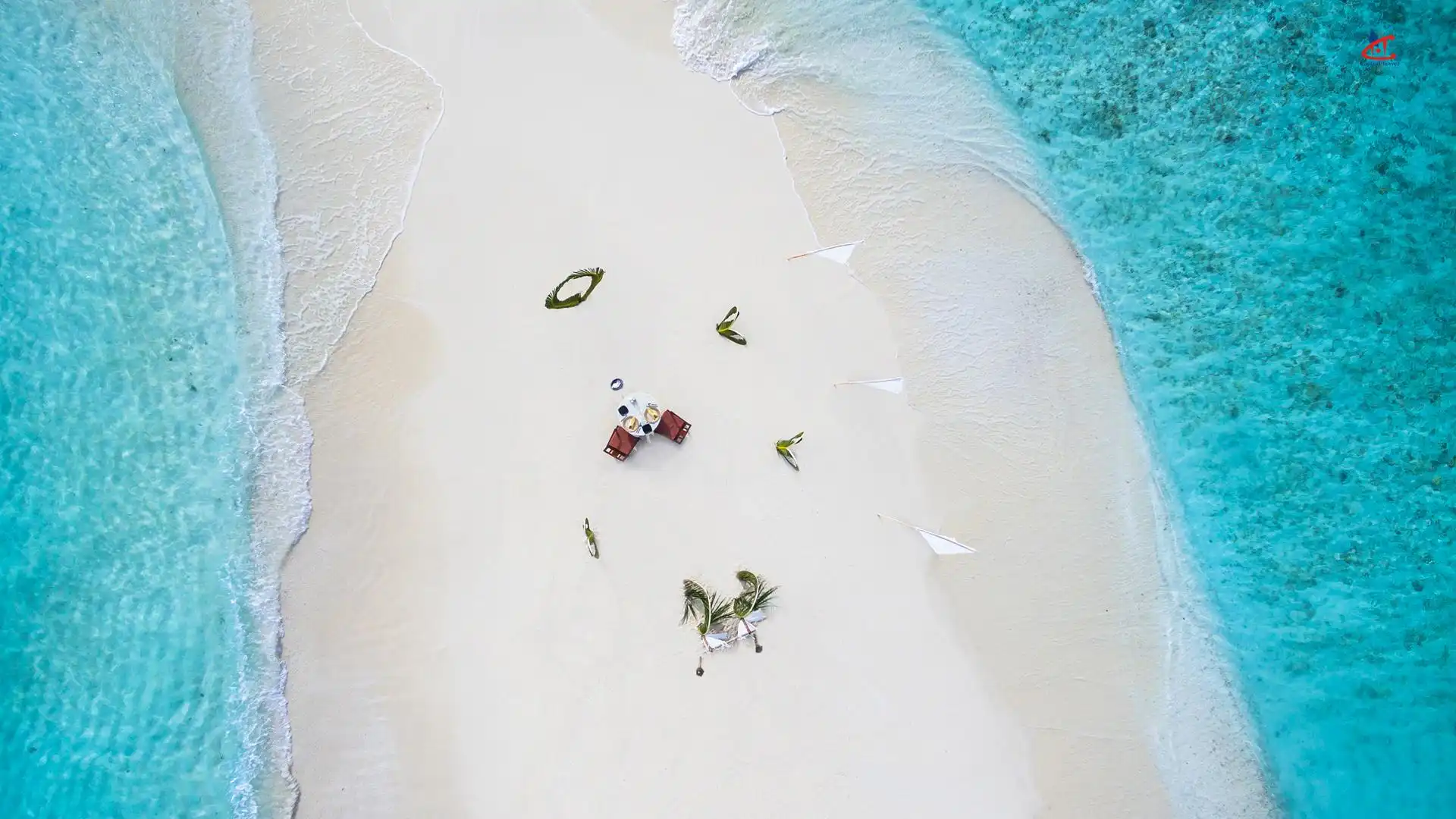


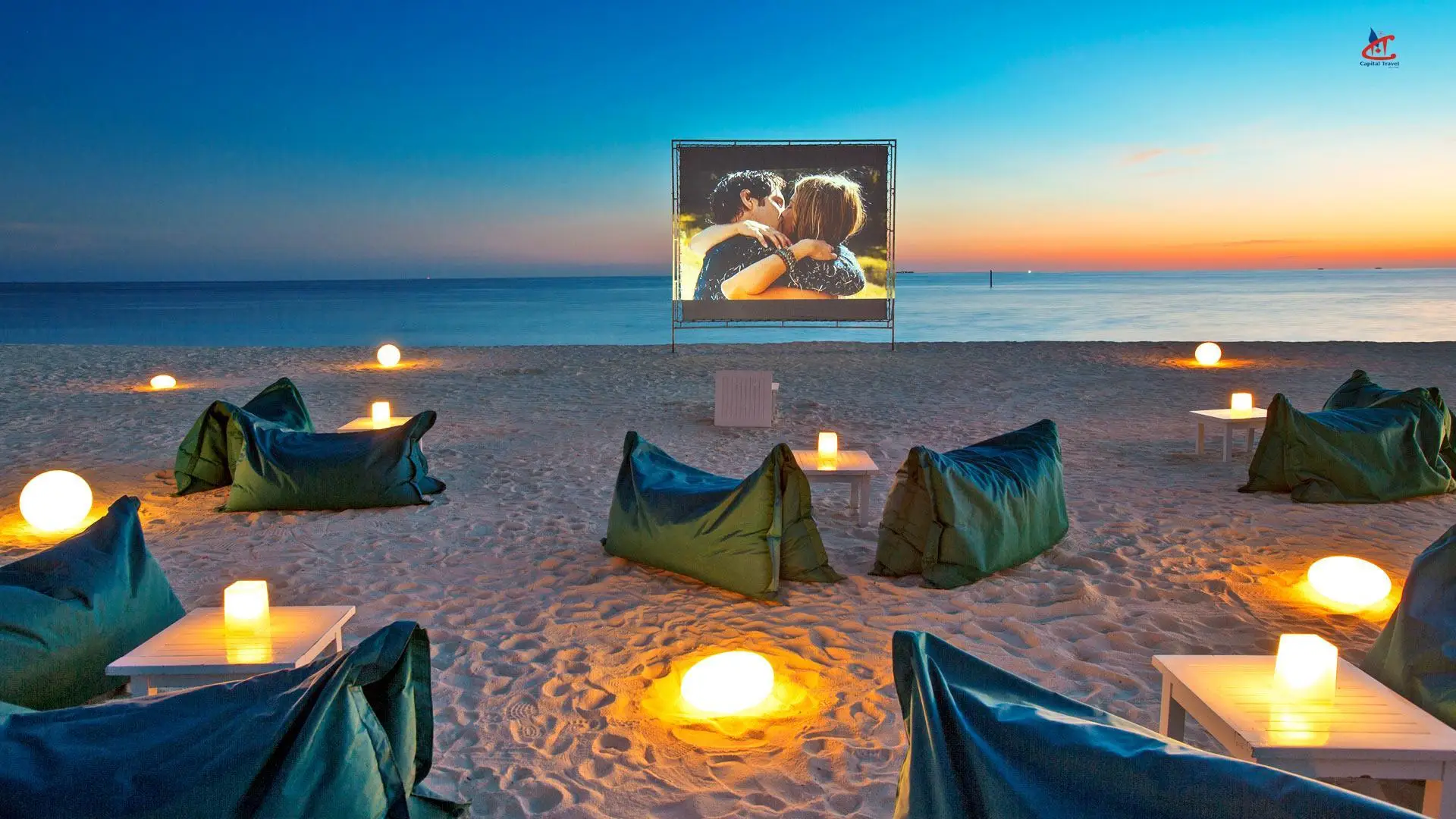
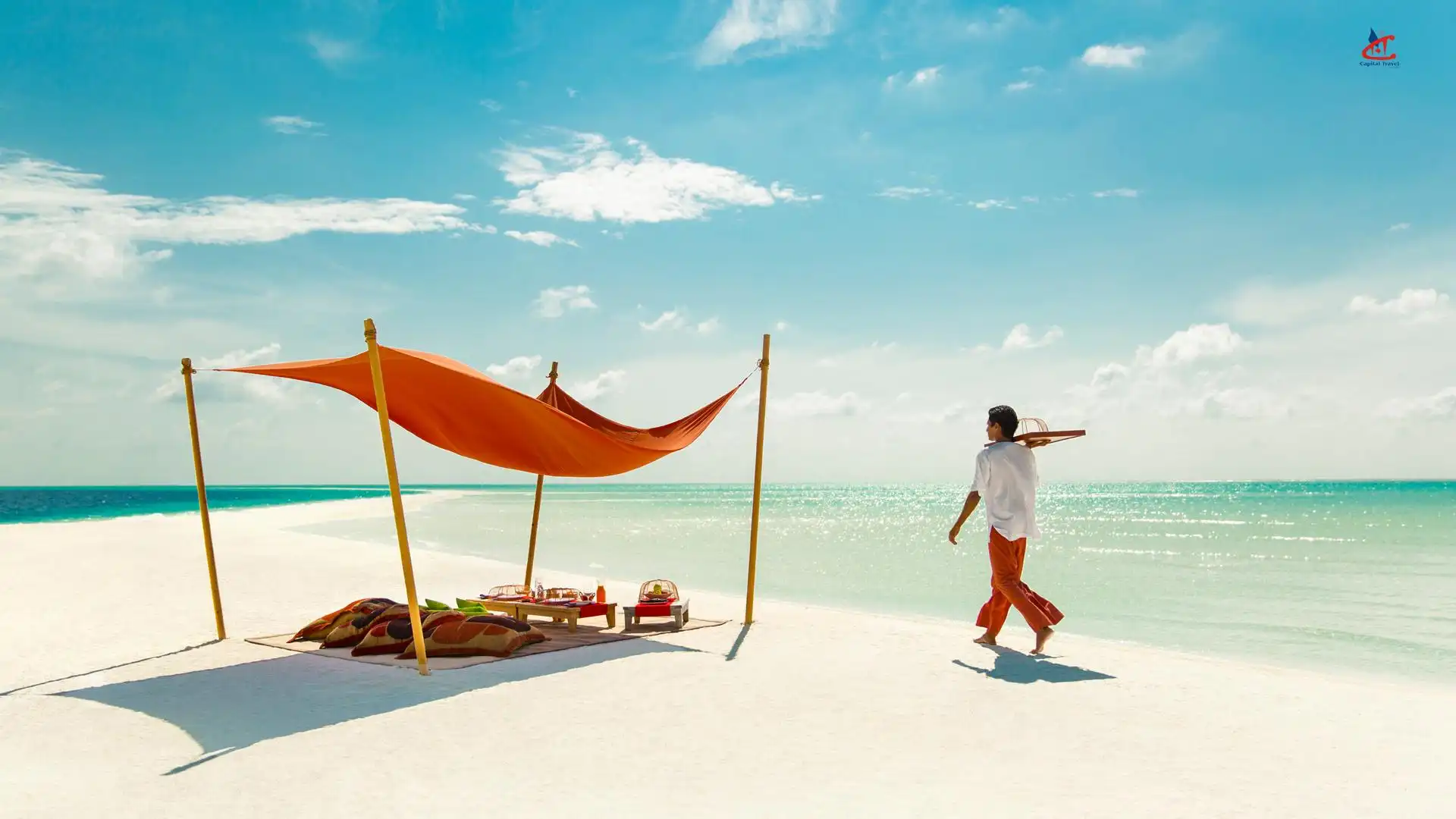

Discover Maldives Atolls
Explore More About Maldives
Maldives Tour Packages
When planning your Maldives tour, start with a map highlighting the most popular attractions. The islands captivate visitors with their natural beauty and tranquil sounds. Scuba diving in Maldives is world-renowned, with opportunities to encounter manta rays, turtles, and reef sharks. Above the waves, enjoy beach volleyball, tennis, and other land sports.
Frequently Asked Questions About Maldives Tours
How much does a Maldives vacation package cost?
Our Maldives holiday packages range from $1,000 to $4,000 depending on flights, hotels, tours, and duration. We offer options for every budget.
What should I pack for my Maldives trip?
Essentials include sun protection (hat, sunscreen), light cotton clothing, swimwear, sunglasses, and insect repellent for your Maldives vacation.
When is the cheapest time to visit Maldives?
The most affordable months for Maldives tourism are August-October, with lower prices than peak season (December-March).
How far in advance should I book?
We recommend booking your Maldives tour package 3-6 months in advance, especially for peak season travel.
What are the top places to visit in Maldives?
Must-see destinations include Paradise Island Resort, Kuredu Island, Hulhumalé, Maafushi Island, and the stunning Maldives beaches like Dhigurah Beach.





